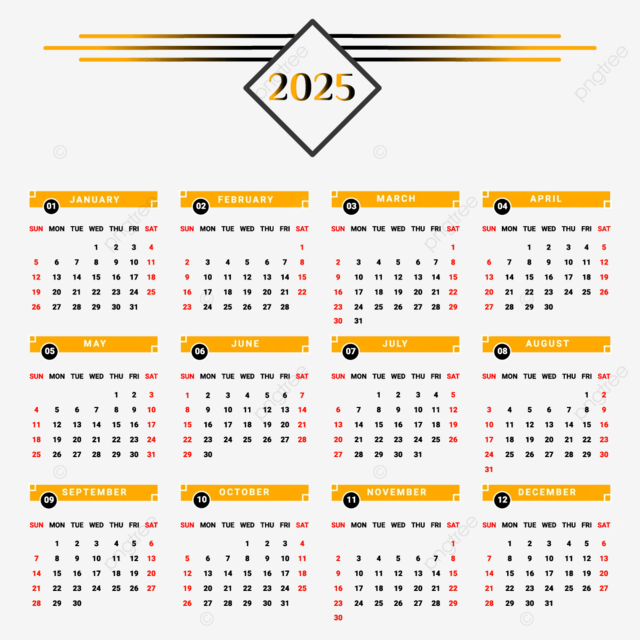[Lịch Bàn Sáng Tạo 2025]

Executive Summary

The world is changing at an unprecedented pace, and with it, the way we work and live. The year 2025 is fast approaching, and it’s time to start thinking about how we can prepare for the future. This document outlines key trends and potential challenges for businesses and individuals alike, providing a framework for navigating the complex landscape of the coming years. It’s a roadmap to success in a future defined by technological advancements, shifting demographics, and evolving societal values.

Introduction
The year 2025 is just around the corner, and it promises to be a year of dramatic change. From the rise of artificial intelligence to the growing impact of climate change, the world is facing a range of challenges and opportunities. This document will provide a glimpse into the future, outlining key trends and potential challenges that will shape the year 2025. It will focus on the evolving workplace, the rise of sustainable technologies, and the growing importance of human connection in a digital age.
Frequently Asked Questions
Q: What are the biggest challenges we will face in 2025?
A: The biggest challenges include the impact of climate change, the automation of jobs, and the potential for social unrest due to growing inequality.
Q: What are some of the biggest opportunities in 2025?
A: Opportunities include the development of new technologies, the growth of the global economy, and the potential for greater collaboration and innovation.
Q: What can I do to prepare for the future?
A: You can stay informed about the latest trends, develop new skills, and connect with others who share your interests.
The Future of Work
The workplace is undergoing a fundamental transformation. The rise of automation, artificial intelligence, and the gig economy are creating new opportunities and challenges for workers. Here are some key aspects to consider:
- Remote Work: The rise of remote work is a significant trend, allowing individuals to work from anywhere in the world. This presents both opportunities and challenges, including managing remote teams effectively, maintaining company culture, and ensuring employee well-being.
- Upskilling and Reskilling: The changing nature of work demands continuous learning and adaptability. Workers need to proactively upskill or reskill to remain competitive in a rapidly evolving job market.
- Automation and AI: Automation and AI are increasingly being used to automate tasks and processes. This presents opportunities for greater efficiency but also raises concerns about job displacement.
- Human Connection: While technology is transforming the workplace, the importance of human connection remains essential. Building strong teams, fostering collaboration, and nurturing a positive work environment are key to success in the future.
Sustainability and Climate Change
The impacts of climate change are becoming increasingly evident, demanding urgent action to transition to a more sustainable future. Here’s what businesses and individuals need to consider:
- Renewable Energy: The shift towards renewable energy sources is crucial to combat climate change. Businesses need to prioritize adopting and developing sustainable energy solutions.
- Circular Economy: A circular economy focuses on reducing waste and reusing materials. This approach promotes sustainable practices and minimizes environmental impact.
- Green Technologies: Investing in green technologies such as electric vehicles, energy-efficient buildings, and sustainable agriculture is essential for creating a greener future.
- Sustainable Consumption: Individuals play a vital role in promoting sustainability through conscious consumption choices, reducing waste, and adopting eco-friendly practices.
The Rise of the Digital World
The digital world continues to grow and transform how we interact with information, each other, and the world around us. Here are some key trends:
- Virtual and Augmented Reality: Virtual and augmented reality are gaining traction in various industries, creating immersive experiences for entertainment, education, and training.
- E-commerce and Digital Payments: The shift towards e-commerce and digital payments continues to reshape the retail landscape, offering convenience and accessibility to consumers worldwide.
- Social Media and Influencer Marketing: Social media platforms play a significant role in shaping public opinion and influencing consumer behavior. Businesses need to adapt their marketing strategies to effectively engage audiences on these platforms.
- Cybersecurity and Data Privacy: As reliance on digital technologies grows, cybersecurity and data privacy become increasingly critical concerns. Businesses and individuals need to prioritize data protection and implement robust cybersecurity measures.
Conclusion
The year 2025 will be a year of significant change and challenge. By understanding the key trends and potential challenges outlined in this document, businesses and individuals can prepare for the future and position themselves for success. Adapting to the evolving landscape, embracing new technologies, and prioritizing sustainability are essential for navigating the complexities of the years ahead.
Keyword Tags:
- Artificial Intelligence
- Climate Change
- Sustainable Technologies
- Human Connection
- Digital World